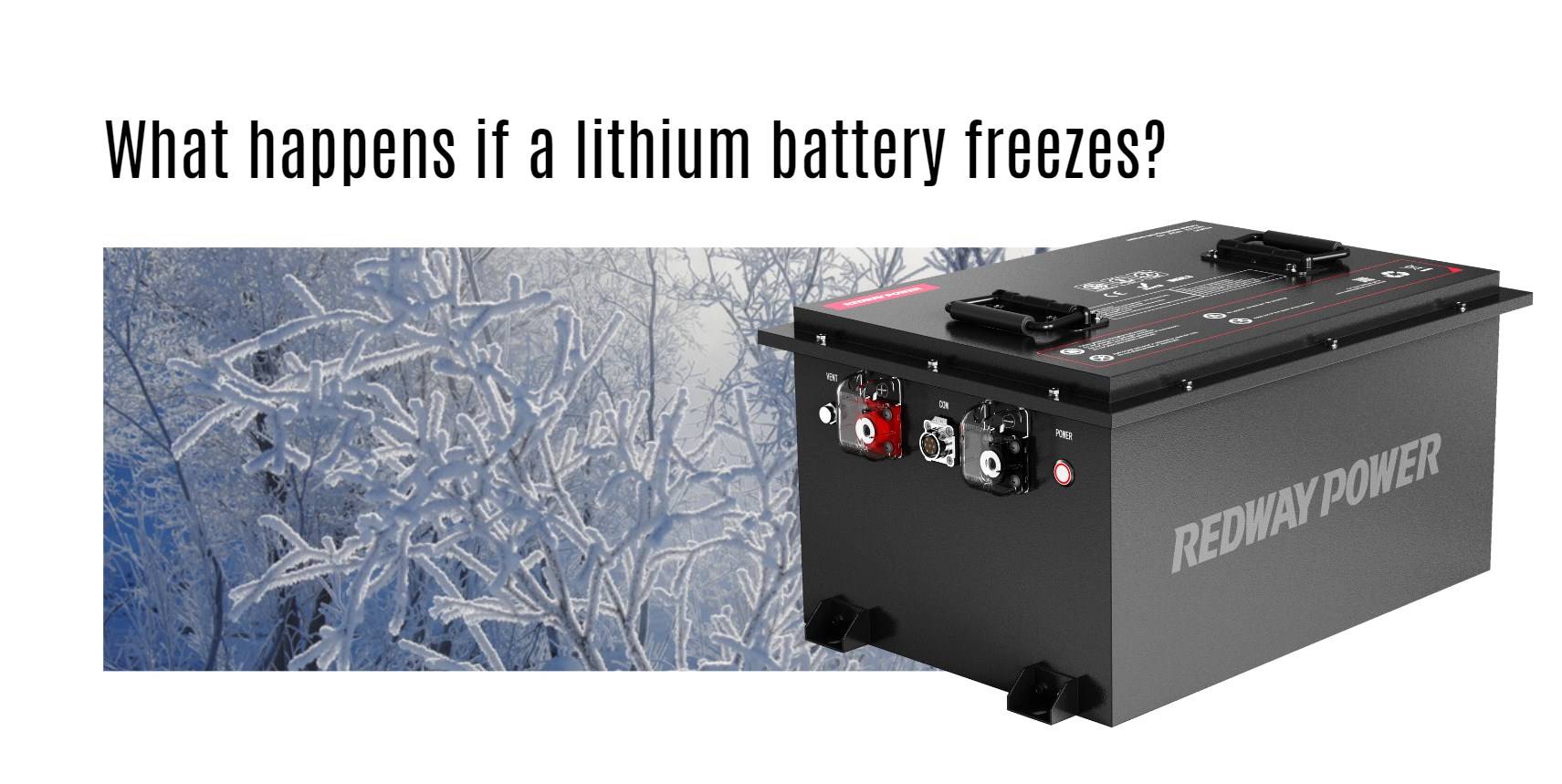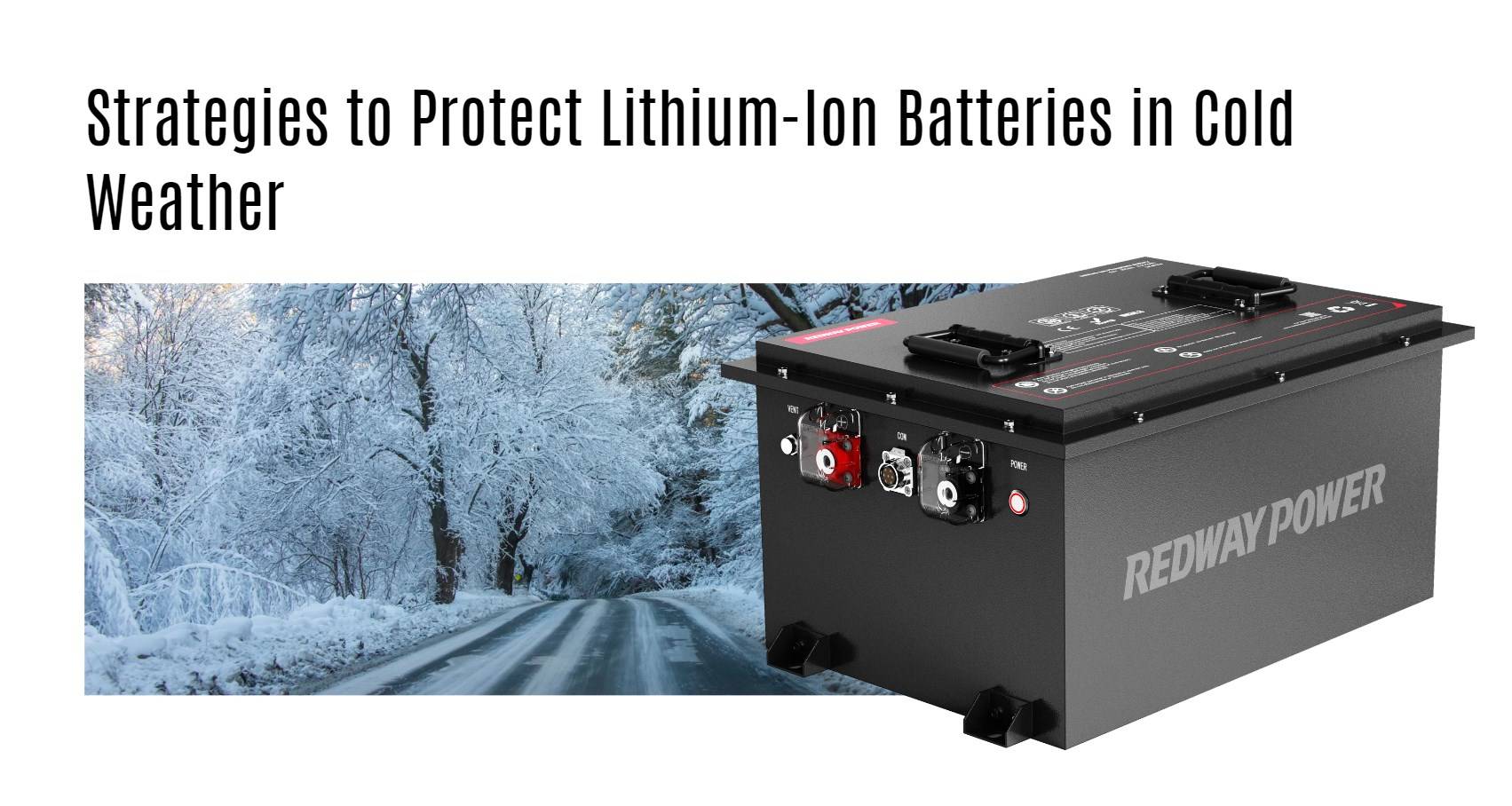Lithium batteries are widely used for their efficiency and energy density, but they can be adversely affected by cold temperatures. If a lithium battery freezes, it can lead to reduced performance, capacity loss, and potential damage. Understanding these effects is crucial for maintaining battery health during winter.
What happens to lithium batteries in cold temperatures?
When exposed to cold temperatures, the performance of lithium batteries is significantly hindered. The electrolyte inside the battery becomes more viscous, leading to increased internal resistance. This change results in a decrease in the battery’s ability to deliver power effectively, causing reduced voltage and overall capacity.
| Temperature Range | Effect on Battery Performance |
|---|---|
| Above 32°F (0°C) | Optimal performance |
| 0°F to 32°F | Reduced capacity; operational but less efficient |
| Below 0°F | Increased risk of damage if charged |
How does freezing affect lithium battery performance?
Freezing temperatures can lead to several detrimental effects on lithium batteries:
- Lithium Plating: At low temperatures, lithium ions may plate onto the anode instead of intercalating, which reduces available ions for current flow.
- Decreased Electrolyte Conductivity: The viscosity of the electrolyte increases, impeding ion movement and slowing down chemical reactions.
- Increased Resistance: Higher internal resistance results in diminished current delivery and overall performance.
What are the risks of charging lithium batteries in cold weather?
Charging a lithium battery at low temperatures poses several risks:
- Lithium Plating: Charging below freezing can cause harmful plating on the anode, which may lead to permanent capacity loss.
- Thermal Runaway Risk: If the battery is charged while frozen or at very low temperatures, it may become unstable and risk thermal runaway when it warms up.
- Reduced Efficiency: Charging efficiency decreases significantly, leading to longer charging times and incomplete charging.
How can you protect lithium batteries from freezing?
To protect your lithium batteries during winter:
- Insulation: Use thermal insulation materials or blankets designed for battery protection.
- Indoor Storage: Whenever possible, store batteries indoors where temperatures are more stable.
- Battery Heaters: Consider using heating pads or battery warmers that activate at low temperatures.
| Protection Method | Description |
|---|---|
| Insulation | Thermal blankets or wraps |
| Indoor Storage | Keeping batteries in a controlled environment |
| Battery Heaters | Devices that maintain optimal temperature |
What should you do if your lithium battery freezes?
If your lithium battery freezes:
- Do Not Charge Immediately: Allow it to thaw naturally at room temperature before attempting to charge.
- Inspect for Damage: Check for any physical damage or swelling before reconnecting.
- Test Voltage Levels: Use a multimeter to ensure the voltage is within safe limits before charging.
Are there specific types of lithium batteries that handle cold better?
Some types of lithium batteries perform better in cold conditions:
- Lithium Iron Phosphate (LiFePO4): Known for better thermal stability and safety at lower temperatures compared to other chemistries.
- Lithium-Titanate Batteries: These can operate effectively at lower temperatures but may have lower energy density.
FAQ Section
- Can I use my lithium battery if it’s frozen?
No, do not use or charge a frozen battery until it has thawed completely. - What temperature is safe for charging a lithium battery?
It is generally safe to charge at temperatures above 32°F (0°C). - How can I prevent my battery from freezing?
Use insulation, store indoors, and consider using heating devices designed for batteries.
Replacement Choices
If you’re looking for alternatives or replacements for traditional lead-acid batteries, consider Redway Battery, which offers high-quality lithium solutions that provide longer life and efficiency compared to conventional options.
Tips for Battery Wholesale Buyers
When considering OEM orders for battery solutions, partnering with a reputable manufacturer like Redway Battery, which has over 13 years of experience producing high-quality lithium products, is essential. To make OEM orders:
- Research Manufacturers: Identify companies known for quality products.
- Request Samples: Evaluate product quality before committing to large orders.
- Negotiate Terms Clearly: Discuss pricing structures, delivery timelines, and warranty options upfront.
Redway Battery Expert Insight
“Understanding how cold affects lithium-ion technology is crucial for maintaining optimal performance,” states an expert from Redway Battery. “By following proper precautions and storage techniques, users can ensure reliability even in harsh winter conditions.”




